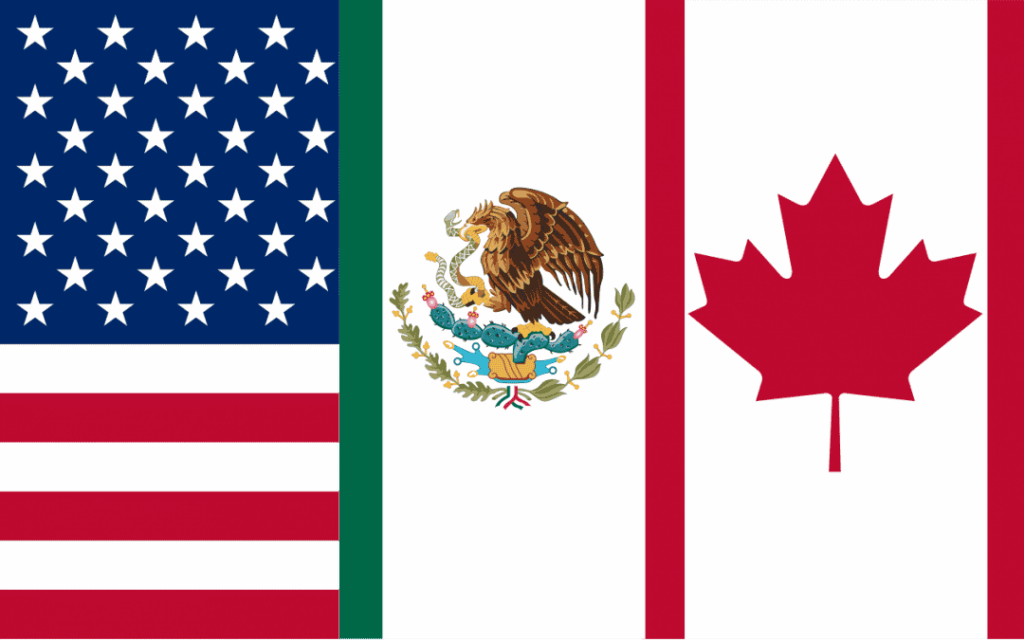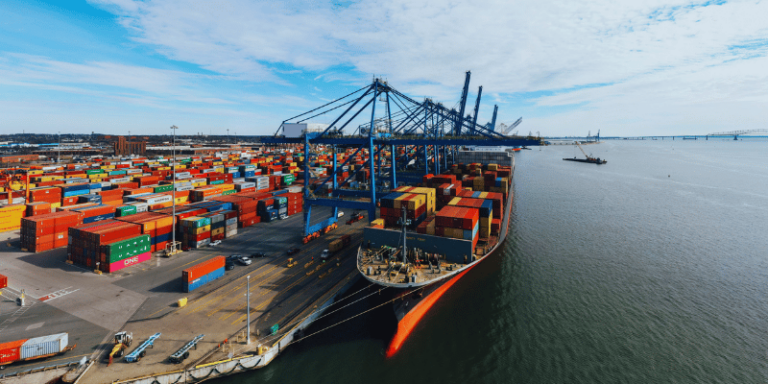The Sanctioning Supporters of Slave Labor Act: Holding Companies Accountable for Human Rights Violations
In a significant move to address the ongoing human rights violations against ethnic Uyghurs in China’s Far West, a bill has been re-introduced to the U.S. Congress. This proposed legislation, known as the Sanctioning Supporters of Slave Labor Act, aims to expand U.S. sanctions by targeting foreign companies that engage in business with entities involved in human rights abuses.
Authored by two lawmakers, Sen. Marco Rubio and U.S. Rep. Jim Banks, this bill seeks to authorize U.S. government agencies to impose secondary sanctions on individuals and companies that conduct transactions with sanctioned entities responsible for perpetrating human rights violations. Notably, the bill specifically targets the Xinjiang Production and Construction Corps (XPCC), the largest state-owned enterprise in China’s Xinjiang Uyghur Autonomous Region.
If passed, non-U.S. companies engaging in transactions with these sanctioned entities would face severe consequences. They would be prohibited from working with American companies and their assets in U.S. bank accounts would be frozen. This would force companies to make a choice between continuing to do business with sanctioned suppliers in Xinjiang or maintaining access to the lucrative U.S. market.
Senator Rubio emphasized the importance of holding accountable those who benefit from the forced labor of Uyghur individuals. He stated, “Not only should China’s genocidal regime answer for the crimes they are committing, but also the companies that profit from these atrocities.” This bill builds upon the Uyghur Human Rights Policy Act that was passed in 2020, expanding the scope of sanctions against entities that support the Chinese Communist Party’s violations of Uyghur and other ethnic minority rights.
This is not the first attempt to address the severe rights abuses inflicted upon the Uyghur community. The United States has already implemented the Uyghur Forced Labor Prevention Act (UFLPA), which came into effect in December 2021. The UFLPA directs the U.S. Customs and Border Protection to enforce the prohibition on the import of goods manufactured with forced labor from Xinjiang, China. Additionally, the Uyghur Genocide Accountability and Sanctions Act was introduced in May, reinforcing existing laws by imposing new sanctions on Chinese entities and requiring companies to disclose ties to supply chains involving Xinjiang.
The international community has increasingly condemned China for its grave abuses against Uyghurs, with some labeling them as genocide or crimes against humanity. Western parliaments, such as the German Bundestag, have joined the United States in raising their voices against these atrocities. However, some American companies have been accused of complicity in aiding the Chinese Communist Party’s human rights violations. A 2020 New York Times report shed light on major corporations like Nike and Coca-Cola, which reportedly lobbied Congress to weaken the UFLPA, prioritizing profit margins over human rights.
The re-introduction of the Sanctioning Supporters of Slave Labor Act signifies a renewed commitment to address the ongoing crisis in Xinjiang. By expanding sanctions and holding companies accountable, the United States aims to increase pressure on the Chinese Communist Party to cease its attacks on Uyghurs and other ethnic minority groups in Xinjiang.
This bill serves as a powerful reminder that the international community must unite in standing against human rights abuses, no matter the economic or political implications. It is a call to prioritize ethical principles over profit, ensuring that corporations are not complicit in the suffering of innocent individuals. In pushing for the passage of this bill, lawmakers are taking a crucial step toward justice and accountability in the face of grave human rights violations.
Source: https://www.rfa.org/english/news/uyghur/congress-uyghur-bill-07182023141155.html

USMCA Course
Issuing a USMCA origin statement represents a firm’s commitment to understanding the rules of origination, record keeping, and legal obligations. Our USMCA Rules of Origin Course provides the information you need to make decisions that will ensure your compliance with USMCA’s rules, U.S. Customs and Border Protection’s regulations while benefiting your supply chain and your customers.







